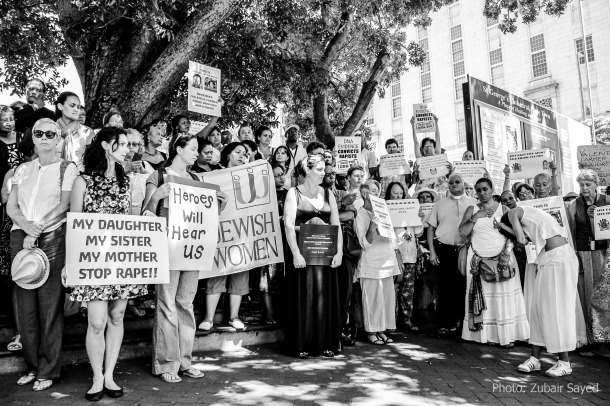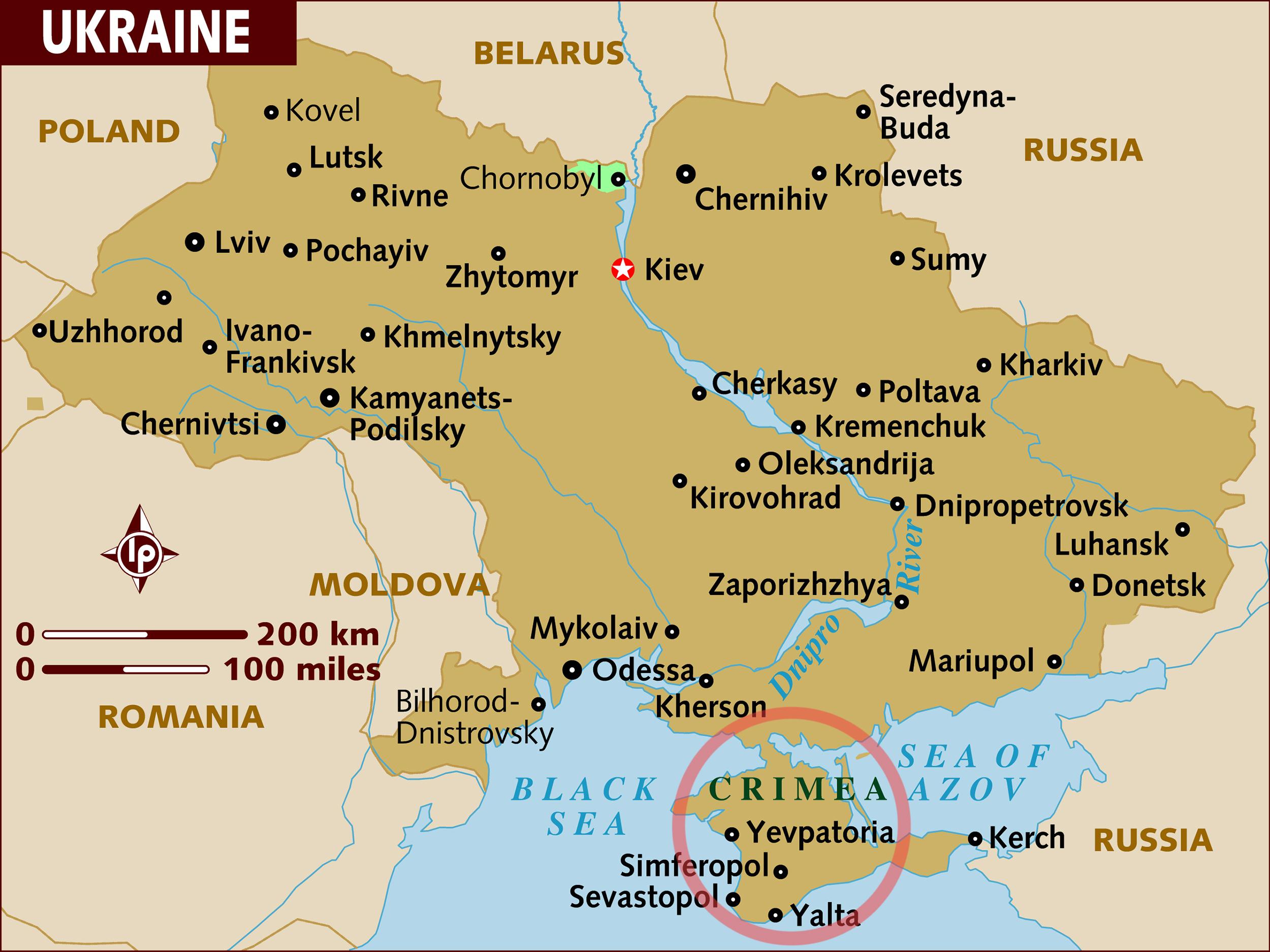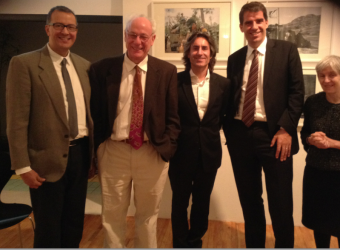
Sexual Violence, Human Rights and the Media
By Maria Hengeveld, graduate student of human rights at Columbia University
_____________________________________________________________________________
Sexual violence is usually not covered as a human rights issue. As the archetypical normalized, invisible, overlooked and structural human right violation, it is more often treated as an everyday, normal problem rather than a violation of women’s rights to health, life, bodily integrity, education, and more. The culture of impunity that surrounds sexual violence, and the fact that rape is notoriously underreported, can hardly be detached from the media’s failure to communicate to people that they actually can report these as crimes.
It is a missed opportunity, and a troubling one, because the way the media chooses to frame sexual violence influences how people think about rape. They can shape, challenge and perpetuate dominant perceptions or illuminate harmful misconceptions and shed
a light on the contestations and anxieties that surround the topic. Moreover, they can channel the outrage and disgust towards, for example, child-rapists into anger and calls for accountability towards our governments. Making sexual...




